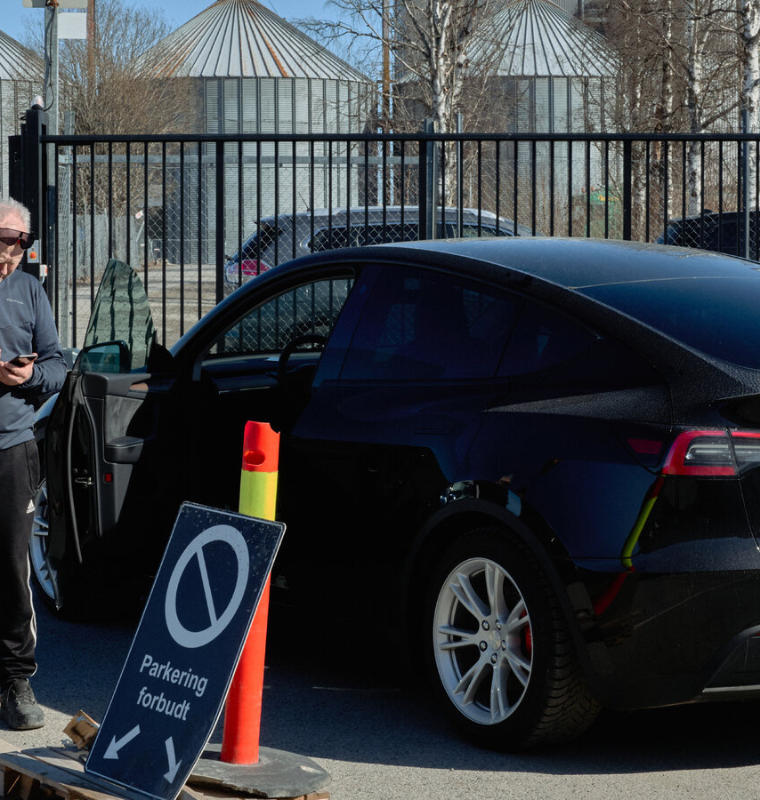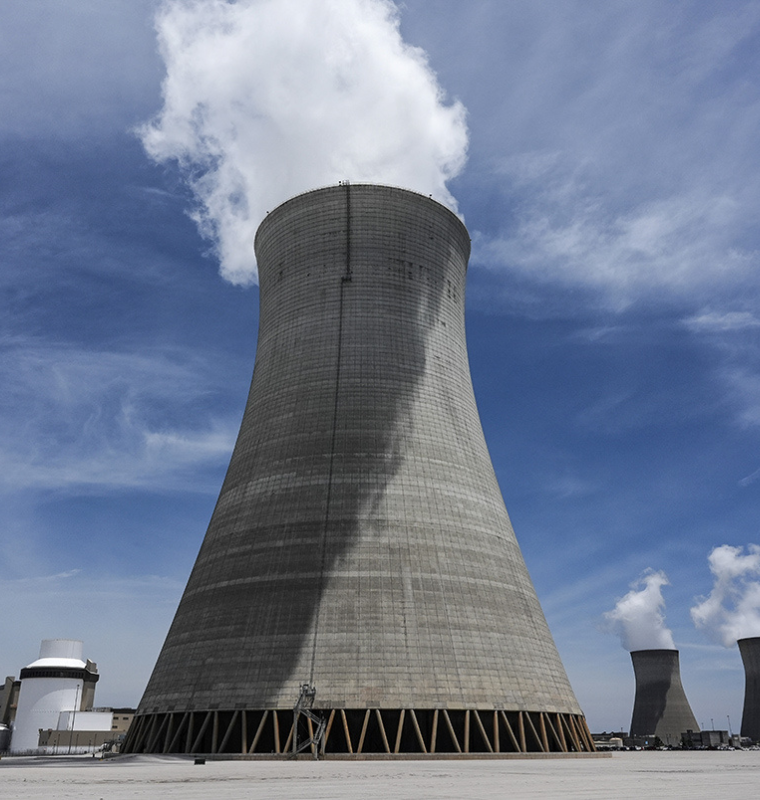U.S. Trade Delegation Cancels India Visit Amid Escalating Tariff Dispute
U.S. Trade Delegation Cancels India Visit Amid Escalating Tariff Dispute
By
Rachel Steinberg
Last updated:
August 18, 2025
First Published:
August 18, 2025

Photo: The Hindu
A planned visit by U.S. trade representatives to New Delhi later this month has been canceled, deepening tensions in the already fragile trade relationship between Washington and New Delhi. According to Indian broadcaster NDTV Profit, the delegation was expected between August 25 and August 29, but the trip has now been postponed with no new dates set.
Tariffs Push Relations to a Breaking Point
The cancellation comes against the backdrop of mounting trade friction after U.S. President Donald Trump imposed a sweeping 25% tariff on Indian exports earlier this year. On top of that, a fresh 25% duty — described by the administration as a penalty for India’s continued purchases of Russian crude oil — is set to take effect on August 27.
That cumulative 50% tariff rate makes India one of the most heavily targeted U.S. trading partners. Few nations face such steep barriers to the American market, putting India in a particularly difficult position as it balances its energy needs with international pressure.
India’s Strong Pushback
New Delhi has responded sharply to Washington’s measures, calling the tariffs unfair and disproportionate. Officials have pointed out that both the U.S. and the European Union continue to engage in significant trade with Russia, while India is being singled out despite its energy purchases being a national necessity.
“It is revealing that the very nations criticizing India are themselves indulging in trade with Russia. Unlike our case, such trade is not even a vital national compulsion,” India’s Ministry of External Affairs said earlier this month.
This rhetoric underscores India’s frustration at what it sees as selective enforcement of trade penalties and growing political pressure from Western allies.
High Stakes for Both Economies
The United States is India’s largest export market, accounting for nearly 20% of the country’s outbound trade. In the fiscal year ending March 2025, India shipped goods worth $86.51 billion to the U.S., ranging from textiles and pharmaceuticals to IT services and machinery.
Experts warn that Trump’s tariffs could significantly impact India’s export-driven industries, affecting employment and growth prospects at a time when the Indian economy is already navigating inflationary pressures and slowing global demand. For U.S. businesses, higher tariffs could mean costlier imports from India, disrupting supply chains in critical sectors like pharmaceuticals, where India is a dominant supplier.
What Lies Ahead
Despite the tensions, both sides remain in communication. However, with no new schedule for trade talks finalized, uncertainty looms large. Analysts suggest that resuming negotiations will require compromises from both capitals — Washington seeking leverage on strategic issues, and New Delhi determined to protect its sovereignty and economic interests.
For now, the postponement of the U.S. trade delegation’s visit signals that relations remain strained, with the risk of further escalation if the tariff dispute is not resolved in the coming months.
Popular articles
Subscribe to unlock premium content
How Personalized VR Meditation Experiences Are Becoming a Luxury Niche

Why High-End Pet Clothing Is a Multi-Million-Dollar Trend in the Middle East

The Tiny Italian Island of Procida and Its Billion-Euro Film Tourism Boom

How Personalized VR Meditation Experiences Are Becoming a Luxury Niche

Why High-End Pet Clothing Is a Multi-Million-Dollar Trend in the Middle East

How Personalized VR Meditation Experiences Are Becoming a Luxury Niche









